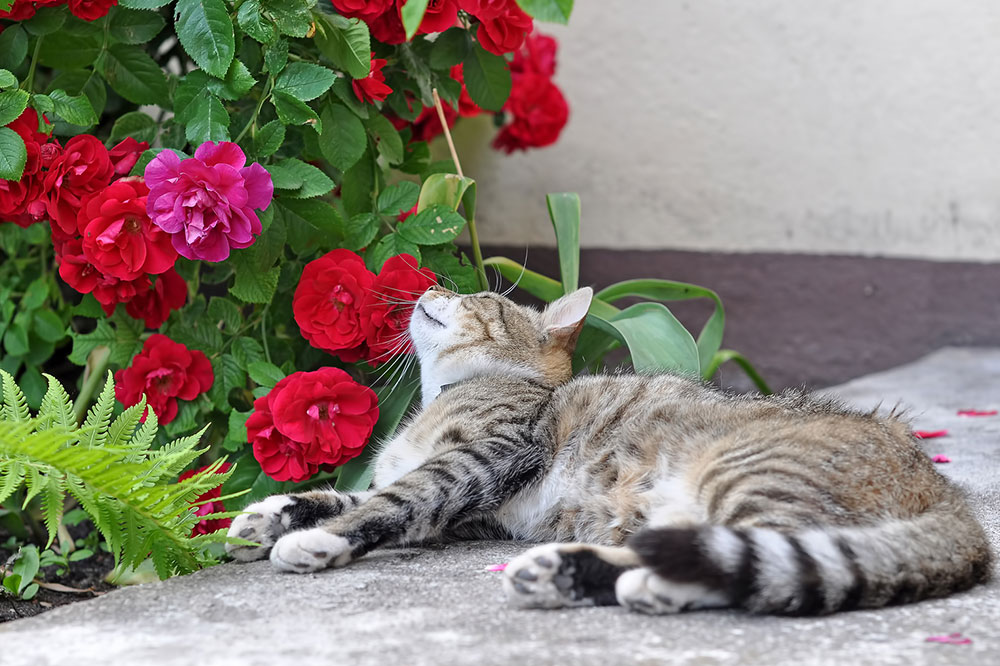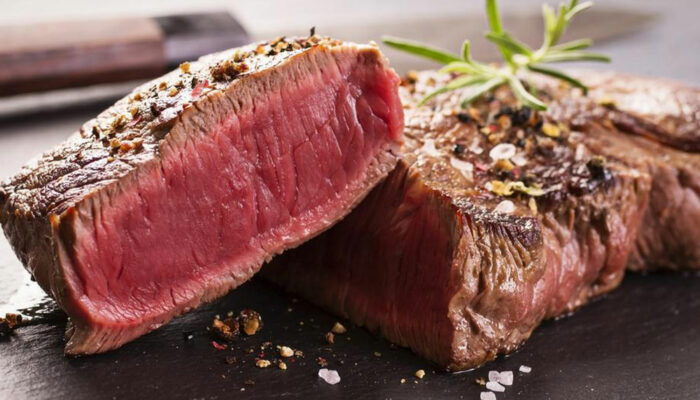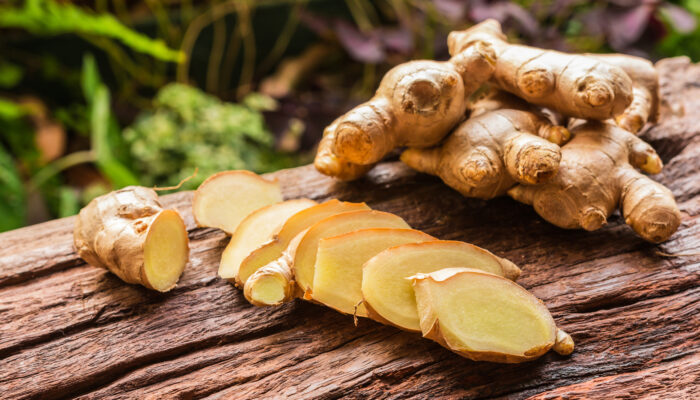
Toxic Houseplants For Cats
Houseplants are common in almost everyone’s home. If you’re a pet owner, you should be extra careful with the type of houseplant you decorate your home with. Cats, in particular, are sensitive to many houseplants as they are toxic to them. Try not to purchase such plants. If you want them in your house, make sure these plants are kept out of reach from cats. Here are some trendy houseplants that are toxic to cats:
Peace lilies
- Like most other lilies, peace lilies are also toxic to cats.
- They are the most common flowering houseplants, especially during easter. They’re low maintenance and a priority to people looking for houseplants.
- However, they contain calcium oxalates, which can cause harm to your cat if consumed.
- If your cat ingests part of this houseplant, it can start vomiting, experience irritation of the mouth and gastrointestinal tract, and have excessive drooling.
- Peace lilies also cause difficulty in swallowing and breathing in cats.
- Cats are not endangered by it when they come in contact with it. It only causes them harm if they eat it.
Aloe Vera
- As much as aloe vera consists of all the healing, soothing, and relaxing properties for humans, it does the opposite for cats.
- Many people prefer growing this houseplant due to its medicinal properties and various other benefits.
- If ingested by a cat, it can cause diarrhea, vomiting, and lethargy.
- The toxic properties of aloe vera come from the saponins and anthraquinones present in it.
Pothos
- Due to its low maintenance nature and decorative look, this plant has become one of the most popular houseplants.
- It is completely safe to touch, but if ingested by your cat, it can cause toxicity. This is due to the insoluble calcium oxalates present in the plant.
- Symptoms of ingesting this plant include burning of the mouth, nausea, puking, and oral swelling.
Jade plants
- Jade plants, commonly known as money plants, are succulents which are believed to bring good luck to their owners.
- This good fortune can immediately turn into bad luck if you bring a cat into the house.
- These plants are extremely toxic to cats, dogs, and a few other domestic animals.
- It can cause symptoms like vomiting, incoordination, depression, lethargy, etc.
Dumb cane
- Dumb canes are gaining popularity in the houseplant category as they bring about tropical foliage and are extremely low maintenance.
- These are toxic to cats when ingested as they contain insoluble calcium oxalates and proteolytic enzymes. It can also cause mild irritation to bare human skin.
- Signs of poisoning in cats include burning of the mouth, oral irritation, vomiting, inflammation, and difficulty in swallowing and breathing.
English ivy
- English ivy is a small plant with pointed leaves and contributes to a delicate theme.
- It is an attractive plant, especially to a cat’s eye.
- It is toxic to cats and, when ingested, can cause a wide range of side effects such as vomiting, rash, swelling in the throat, drooling, dermatitis, and ataxia.
- The toxicity of this plant is due to a compound called triterpenoid saponins.



